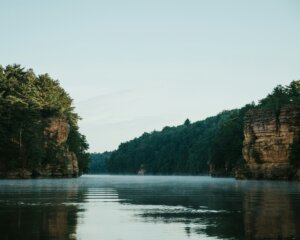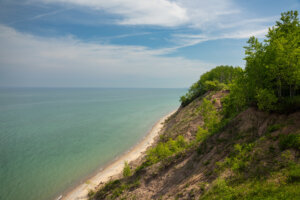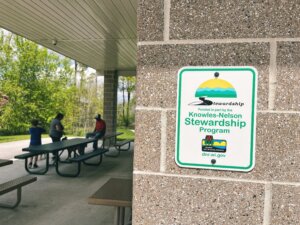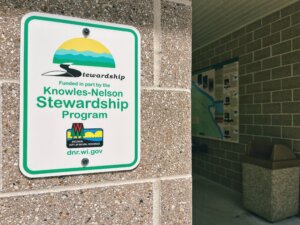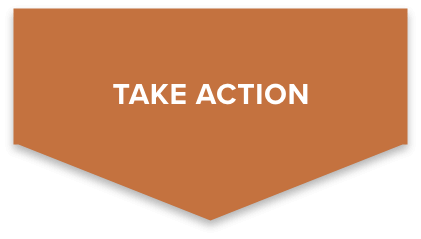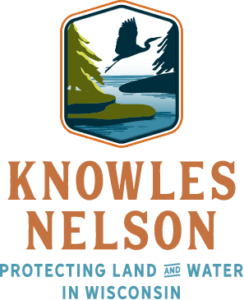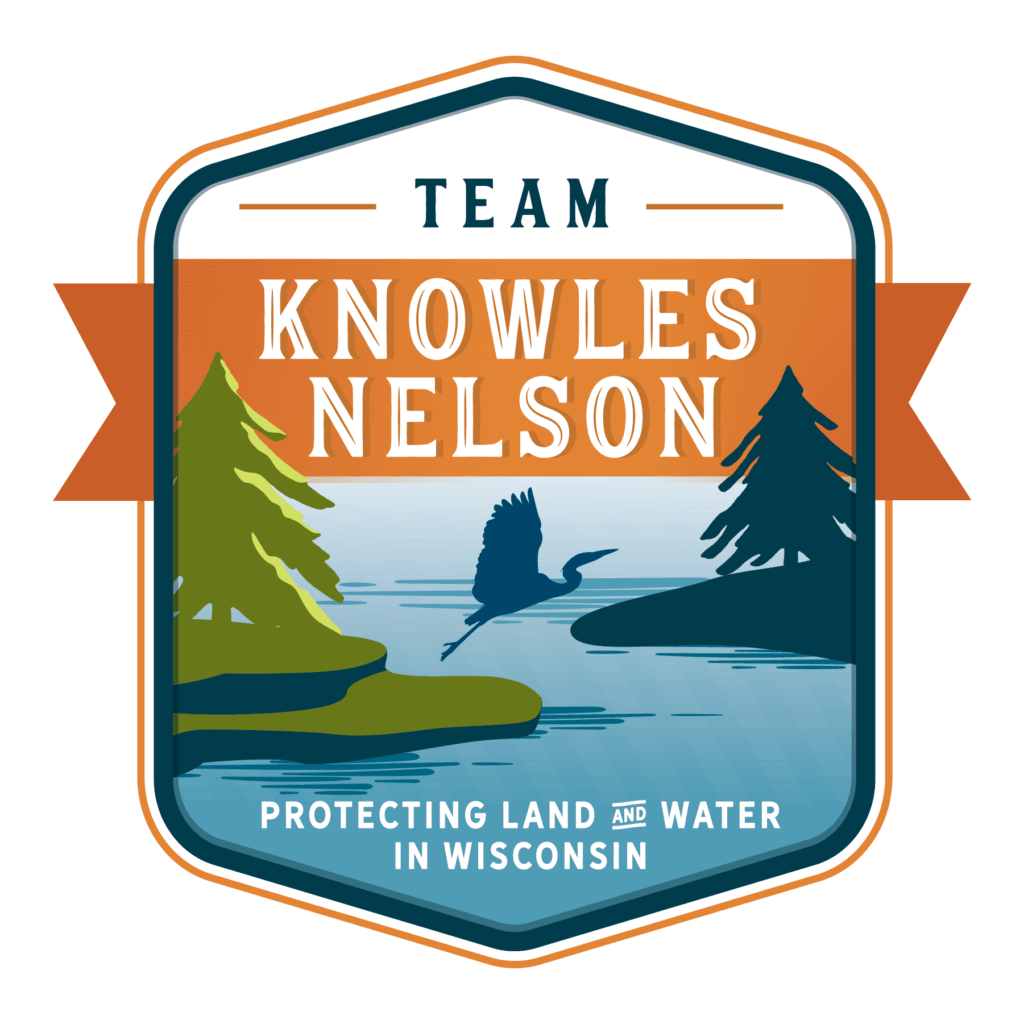Support for the Pelican River Forest continues to grow
You may recall that, during Earth Week, the legislature’s Joint Finance Committee voted along party lines to reject the use of Knowles-Nelson funds for the Pelican River Forest. All twelve Republican legislators voted to deny the use of state funds to conserve 70,000 acres of forestland for wildlife conservation, for hunting and fishing, for forestry, for ATV and snowmobile use, and to protect water quality for everyone who relies on the Pelican and Wolf rivers for drinking water, irrigation, and recreation.
This vote, while disappointing, is not the end of the story.
Local governments, nonprofits and businesses, and individuals continue to speak up and show their support for the Pelican River Forest.
Have you signed the petition supporting Pelican River Forest? If not, take a moment and do so now. You’ll be in good company. 1,500 people have already signed.
The sign-on letter is still open for businesses and organizations to show their support. Nearly 50 businesses and nonprofits have already signed.
Three tribal governments have passed resolutions supporting Pelican River Forest:
- Menominee Nation
- Sokaogon Chippewa Community
- Stockbridge-Munsee Community Band of Mohican Indians.
And eleven local governments have passed resolutions in support of the project.
- City of Rhinelander
- Town of Wolf River
- Town of Pelican
- Town of Ainsworth
- Town of Elcho
- Village of White Lake
- Town of Schoepke
- Town of Pine Lake
- Town of Langlade
- Town of Lake Tomahawk
- Shawano County
This impressive wave of support for conserving the forest is right in line with what polling demonstrates: Wisconsinites want to be good stewards of our land and water. We want to protect Wisconsin’s wildlife, water, and our outdoor ways of life. Read on for more details about recent polling.
The Pelican River Forest project can still become a reality, and we hope to have more to share soon.
The State Budget and Knowles-Nelson
Today, Governor Evers signed the state budget after issuing a number of partial vetoes. The Governor acted on behalf of Knowles-Nelson and the DNR by vetoing a budget provision that would have further restricted how some Knowles-Nelson dollars can be spent. In his veto message, Governor Evers said:
I object to having unobligated Stewardship bonding authority available only for earmarks at the discretion of the Legislature. Due to the Legislature’s obstruction through the Joint Committee on Finance anonymous objection process, many valuable Stewardship projects have been delayed or denied leaving unused and unobligated bonding authority at the end of each year. It is my sincere desire that we work together to fix this broken system for approval of beneficial conservation projects.
We appreciate Governor Evers’ continued support of Knowles-Nelson and share his desire to work together to fix the broken Knowles-Nelson review process. We look forward to working with the Governor, legislators, and the DNR to get that work done.
Unfortunately, Knowles-Nelson did not come through the entire budget process unscathed. A provision in the shared revenue bill creates new restrictions for land acquisitions north of Highway 8. In the future, all local governments within a project area must pass an affirmative resolution in support of the project before the project can go to the Joint Finance Committee for approval.
This means that both the town and county boards will have to pass affirmative resolutions in order for any land acquisition project to move forward, which has the potential to seriously undermine land protection efforts in northern Wisconsin by allowing a small minority of opponents to block conservation efforts.
Several Knowles-Nelson projects approved
It’s not all bad news! Since we began directly challenging the Joint Finance Committee’s practice of failing to follow state law and blocking Knowles-Nelson projects by inaction, three conservation projects led by non-profit conservation organizations have made it through legislative review unscathed. Landmark Conservancy, the Northwoods Alliance, and Ducks Unlimited have all been awarded Knowles-Nelson grants after the Joint Finance Committee raised no objections to their projects.
Your feedback to state legislators through phone calls and emails as well as consistent, thoughtful coverage of the issue by journalists has been an effective check against the committee’s abuse of their oversight authority. Thank you. Your messages are making a difference!
Bipartisan support for land conservation and good governance
Recent bipartisan polling shows that land conservation continues to enjoy strong, bipartisan support across Wisconsin. The poll was commissioned by The Nature Conservancy and supported by Gathering Waters. Two polling firms, one traditionally utilized by Democrats and one by Republicans, found remarkable support for Knowles-Nelson and for addressing the broken legislative review process.
A few key findings from that poll stand out:
- 90% of voters support dedicated public funding for conservation
- 76% of voters have a favorable opinion of the Knowles-Nelson Stewardship Program
- 89% of voters support changes to the Knowles-Nelson review process to eliminate anonymous objections and to require lawmakers to hold hearings on grants they have blocked.
In a state where elections are won and lost by the thinnest of margins, these numbers demonstrate remarkable bipartisan support for conservation. That support is strong across the state and across political affiliations. No matter where in Wisconsin you live, chances are your neighbors value conservation.
Gathering Waters will continue to support everyone who is working so hard to protect the Pelican River Forest and all the places that make Wisconsin special.
Sincerely,
Charlie Carlin and all your advocates at Gathering Waters
Featured image by Ken Mattison, 2020.



